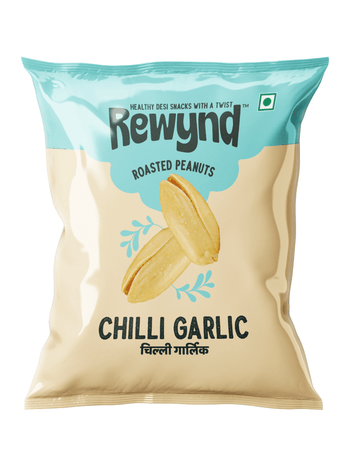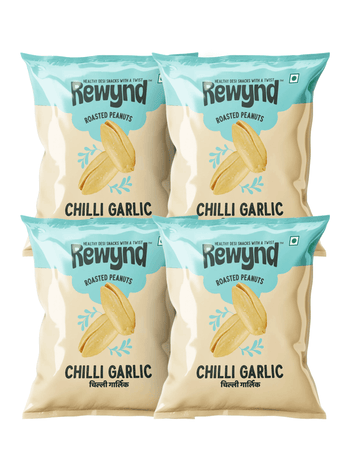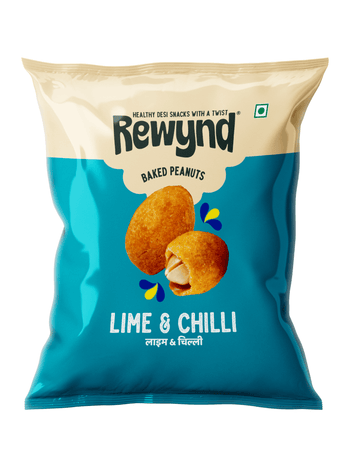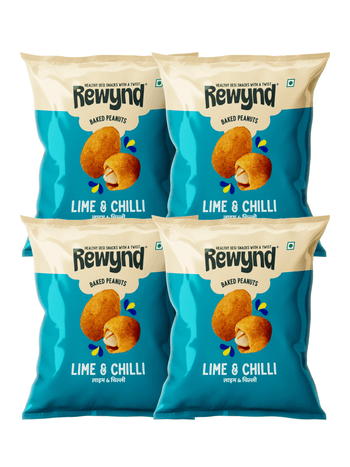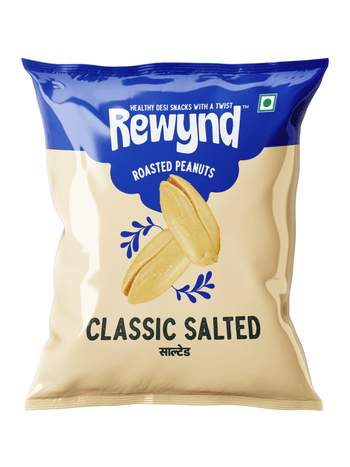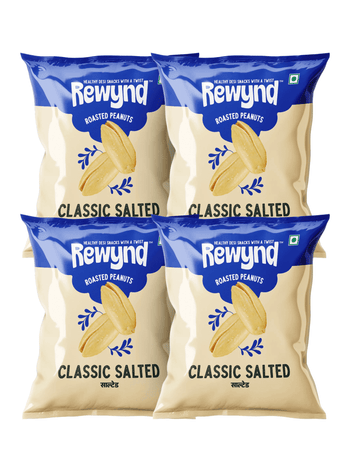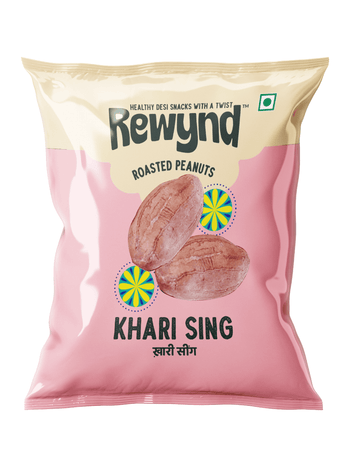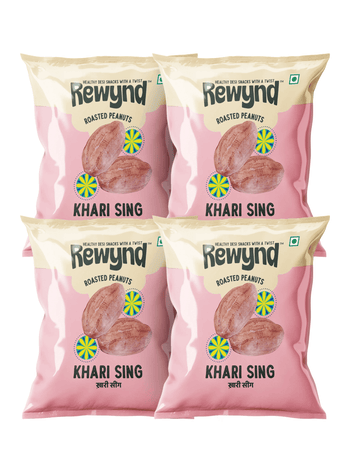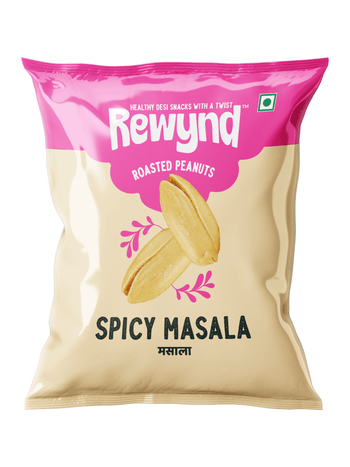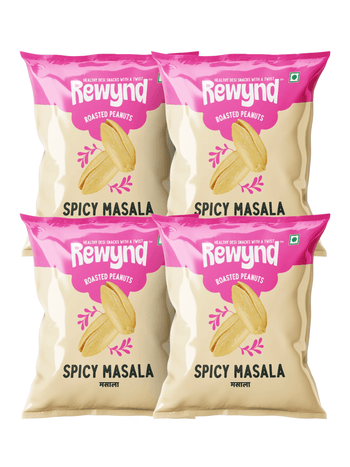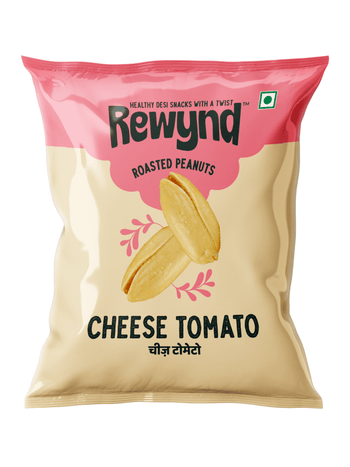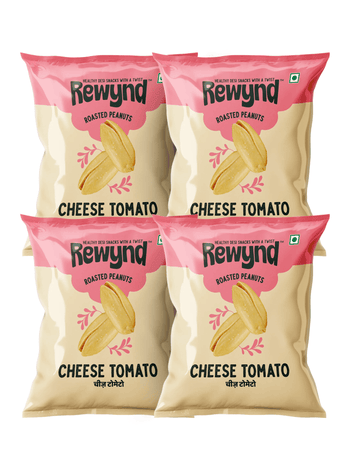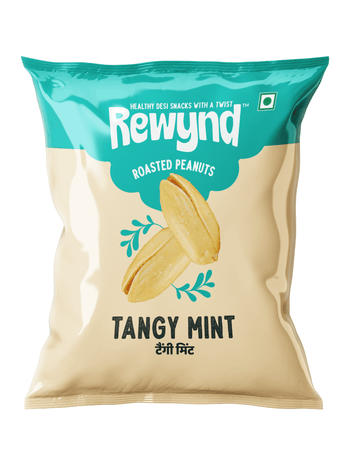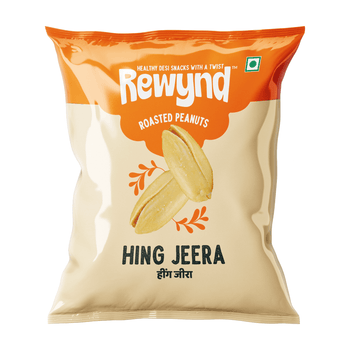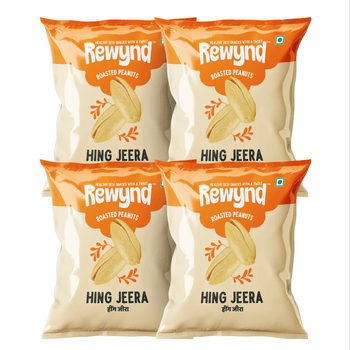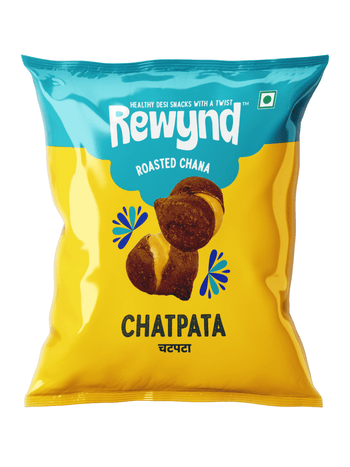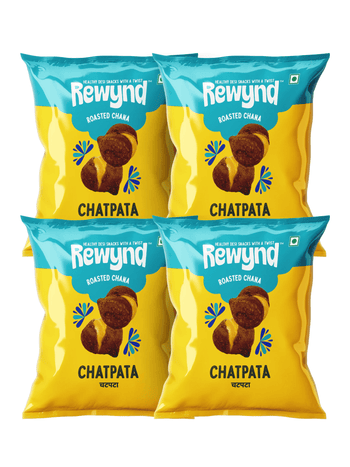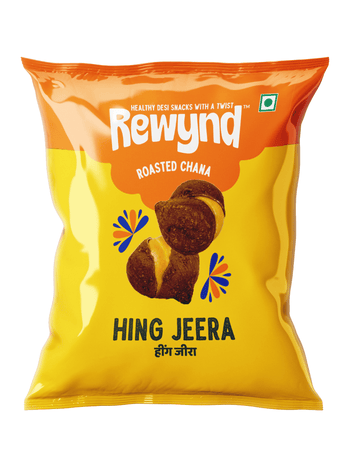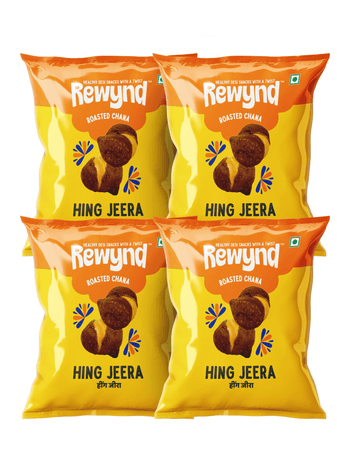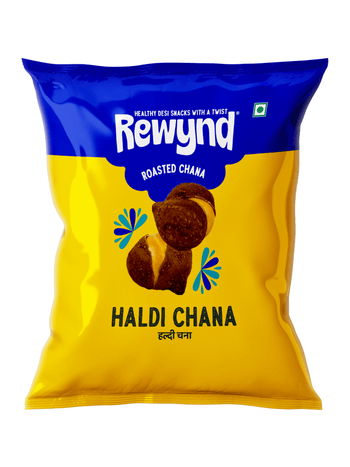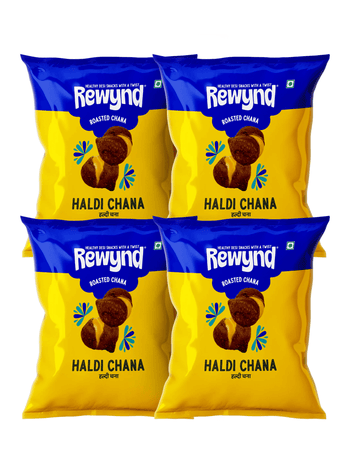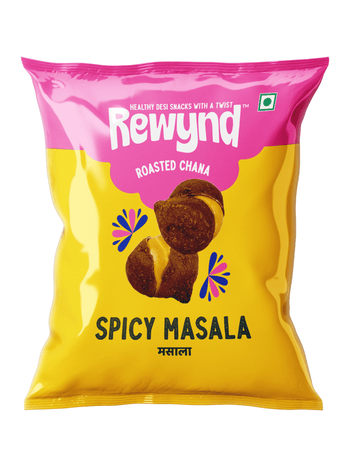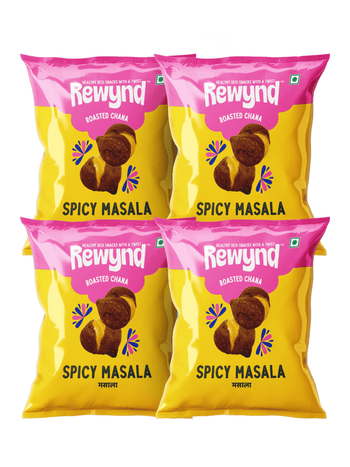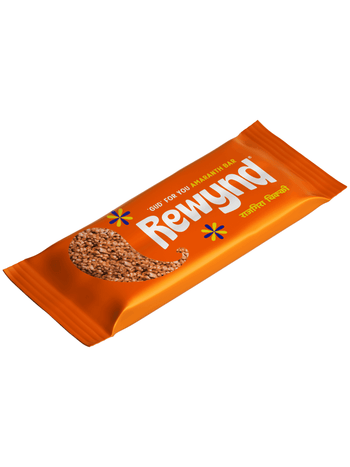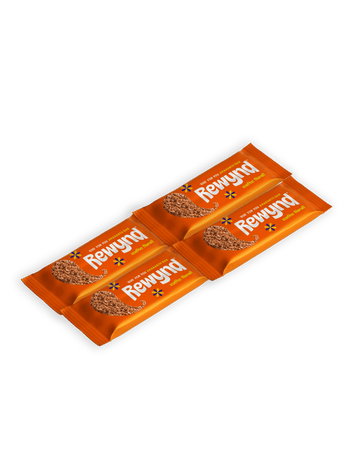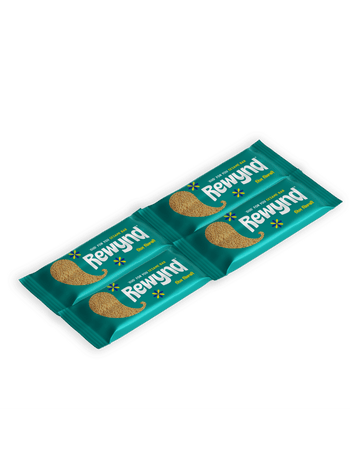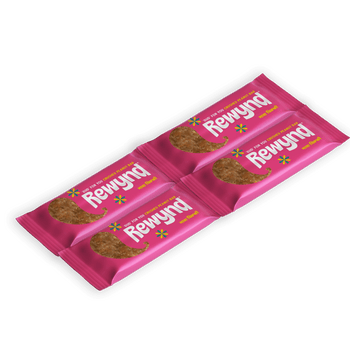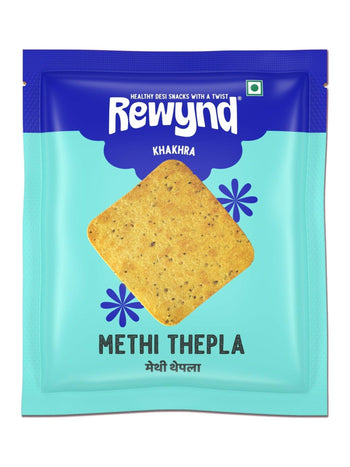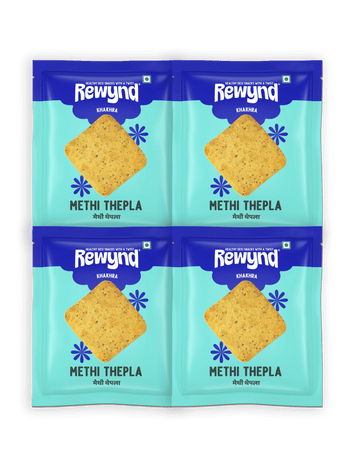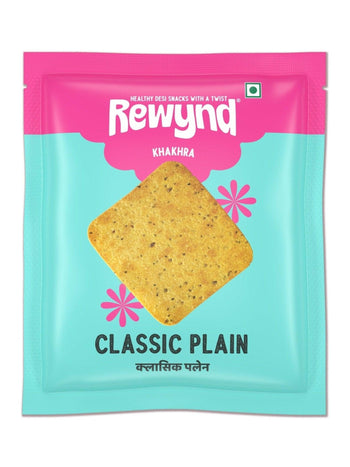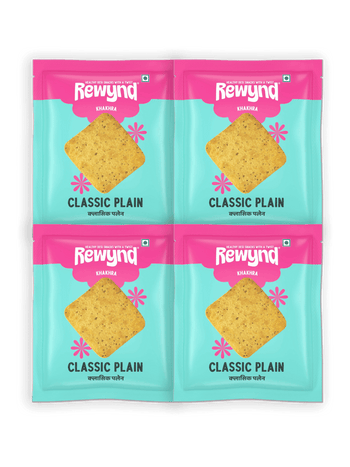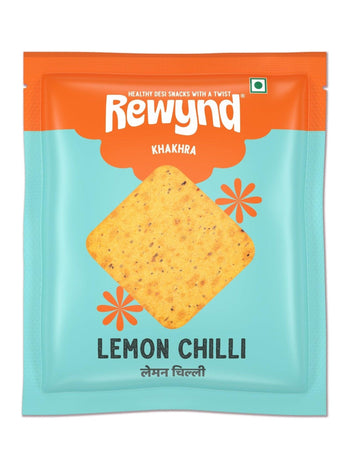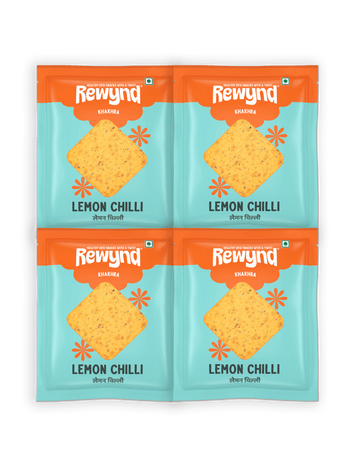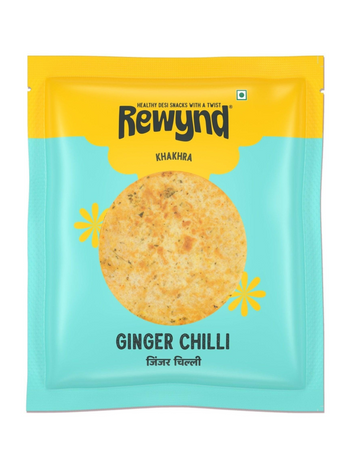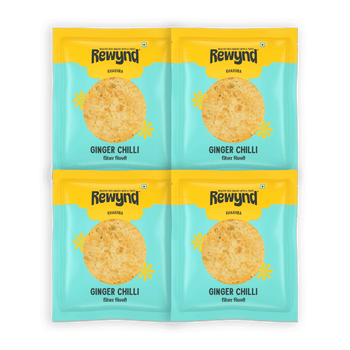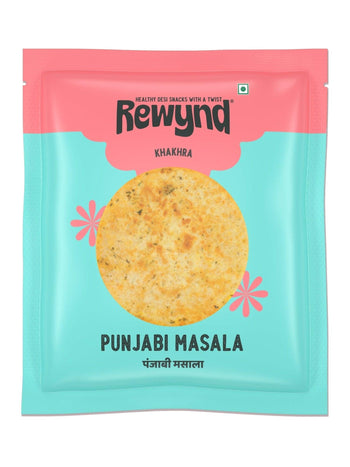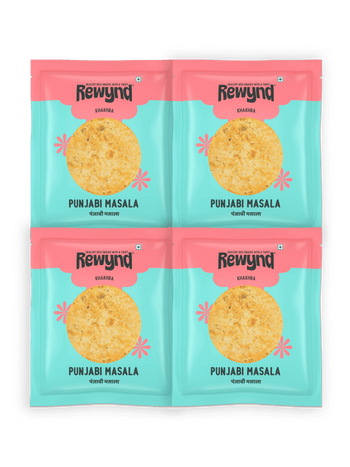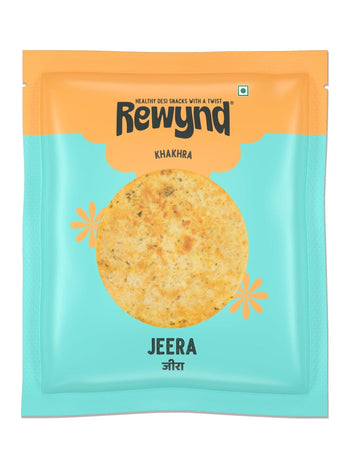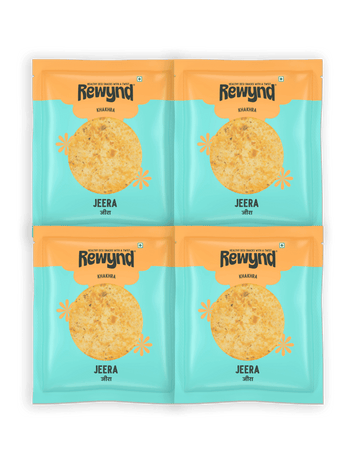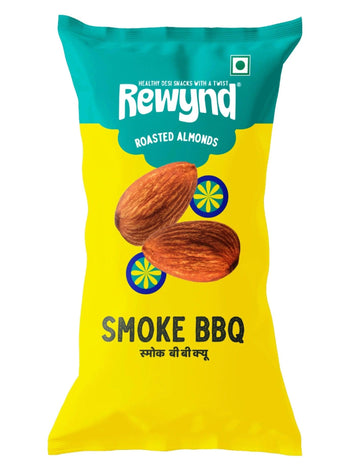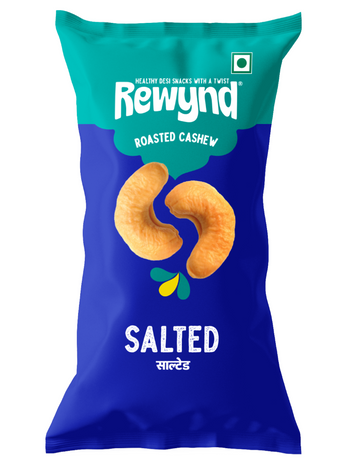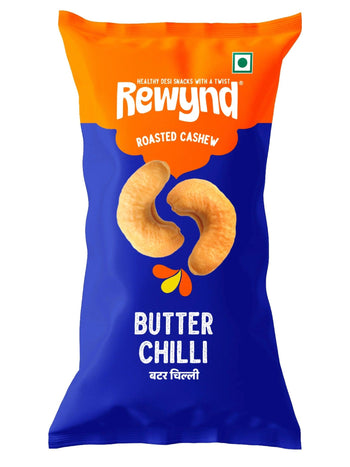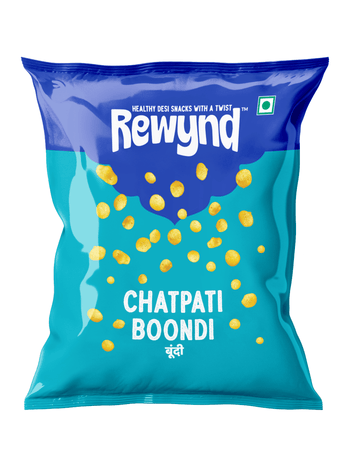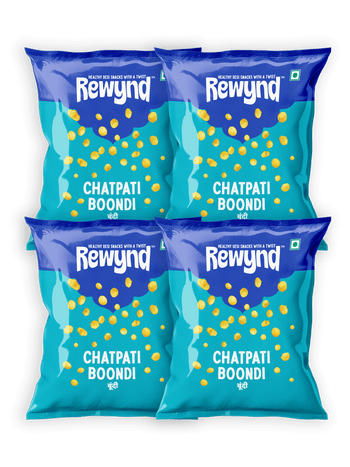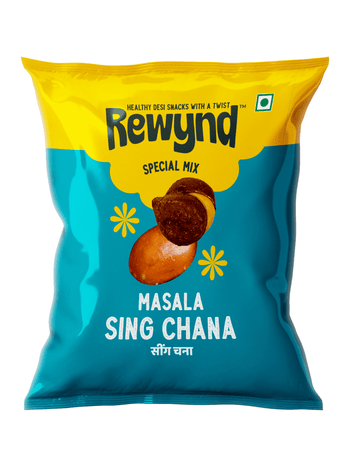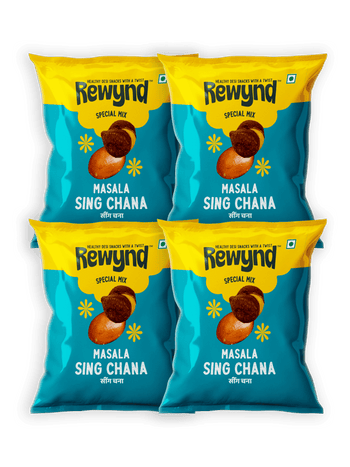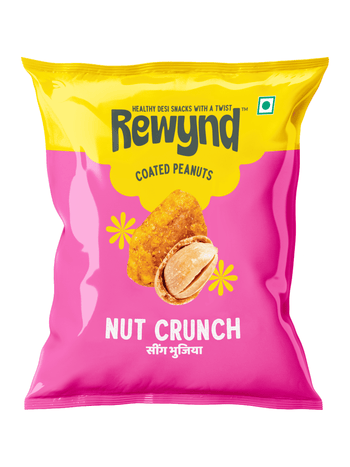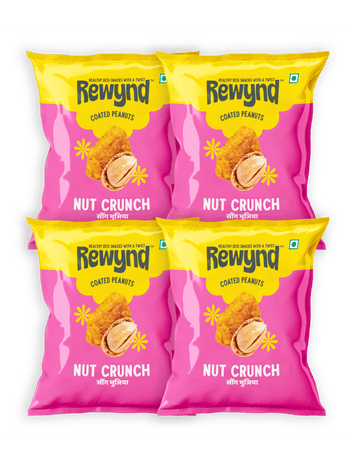Protein is one of the three essential macronutrients, alongside carbohydrates and fats, that our bodies need to function optimally. It plays a critical role in numerous bodily processes, including building and repairing tissues, producing enzymes and hormones, and maintaining a healthy immune system. Our bodies struggle to perform these fundamental tasks without sufficient protein, leading to various health issues.
This blog aims to comprehensively understand protein's importance and how vegetarians can ensure they meet their daily protein needs. By exploring protein's definition, functions, and daily requirements, we aim to equip vegetarians with the knowledge to prevent protein deficiency and maintain optimal health.
What is Protein, and Why is it Important?
-
Definition of Protein
Protein is a macronutrient composed of 20 different amino acids essential for the structure and function of every cell in the body. The sequence and arrangement of these amino acids determine each protein's specific role and function.
-
Importance of Protein:
- Muscle Repair and Growth: Protein helps repair and build muscles, vital after exercising or if you get injured. It also helps muscles grow stronger.
- Enzymes and Hormones: Proteins help our body's chemical reactions, such as breaking down food and making energy. They also make hormones that control things like growth and mood.
- Immune System Support: Proteins make antibodies that fight off germs and keep us from getting sick. They help our immune system stay strong.
- Transport and Storage: Proteins carry oxygen in our blood and nutrients to our cells. They can also store things our body needs for later.
- Strength and Structure: Proteins support our cells, tissues, and organs. For example, collagen is a protein that makes our skin and bones strong and flexible.
Eating enough protein through a balanced diet helps our bodies work well and keeps us healthy and strong.
Why Protein Plays a Crucial Role in Body Maintenance?
Protein is essential for keeping our bodies healthy and functioning well. Here’s a detailed look at why it’s so important:
- Building and Repairing Muscles: Protein is vital for repairing and building muscles. When we exercise or do physical work, our muscles experience tiny tears that must be repaired. Protein provides the necessary building blocks (amino acids) for this repair process. It also helps muscles strengthen, making us more resilient and capable.
- Supporting Tissue Health: Our body constantly renews and repairs tissues like skin, organs, and bones. Protein plays a vital role in this process by providing the materials needed to rebuild and maintain these tissues. It ensures that our organs function properly and our skin remains healthy and resilient.
- Energy and Growth: Proteins are structural and important in various chemical reactions providing energy and supporting growth. Enzymes, specialized proteins, help break down food into smaller molecules that our body can use for energy production and other essential functions. This energy is necessary for everyday activities and for maintaining overall vitality.
- Supporting the Immune System: Antibodies, and proteins, are critical components of our immune system. They recognize and neutralize harmful bacteria, viruses, and other pathogens, protecting us from infections. Adequate protein intake supports the production of antibodies and helps maintain a robust immune response, keeping us healthy and resistant to diseases.
- Transportation and Storage: Proteins act as carriers, transporting essential molecules such as oxygen (in the form of haemoglobin) and nutrients throughout the body. They ensure that these substances reach their destinations efficiently, supporting cellular function and overall health. Additionally, proteins can store certain nutrients for future use, providing a steady supply when needed.
Protein Deficiency Symptoms
Protein deficiency can have significant effects on the body's health and functionality. Here's a detailed look at what happens when someone doesn't get enough protein:
- Muscle Loss and Weakness: Protein is crucial for maintaining muscle mass and strength. Without enough protein, muscles can weaken and shrink over time, leading to fatigue, difficulty performing physical tasks, and a loss of overall strength.
- Delayed Wound Healing: Proteins play a vital role in the repair and regeneration of tissues, including skin. A protein deficiency can slow down the healing process of wounds and injuries. Cuts, bruises, and surgical wounds may take longer to heal properly.
- Edema and Fluid Imbalance: Proteins help maintain fluid balance in the body. When there's a lack of protein, fluid may accumulate in the tissues, leading to swelling, particularly in the abdomen, legs, and feet. This condition is known as edema.
- Weakened Immune System: Proteins are essential for the production of antibodies and other components of the immune system that defend against infections. A protein deficiency can weaken the immune response, making individuals more susceptible to illnesses and diseases.
- Hair, Skin, and Nail Problems: Protein is necessary to grow and maintain hair, skin, and nails. Insufficient protein intake can result in dry, brittle hair and nails and dry, flaky skin. Hair may become thin and dull, and nails may break easily.
- Hormonal Imbalances: Many hormones are made from proteins or require proteins for their synthesis. Protein deficiency can disrupt hormone production and balance, affecting various bodily processes such as growth, metabolism, and reproductive health.
- Fatigue and Low Energy Levels: Proteins are involved in energy production and metabolism. Without enough protein, the body may struggle to produce sufficient energy, resulting in tiredness, sluggishness, and decreased stamina for daily activities.
- Impaired Cognitive Function: Proteins are essential for properly functioning neurotransmitters and brain chemicals that regulate mood, cognition, and behaviour. A protein deficiency can impair cognitive function, affecting memory, concentration, and mental clarity.
It's important to note that prolonged protein deficiency can lead to serious health complications and should be addressed with dietary changes or, in severe cases, medical intervention. Adequate protein-rich foods are essential for maintaining optimal health and preventing these adverse effects.
Causes of Protein Deficiency
-
Inadequate Dietary Intake
Protein deficiency often occurs due to a lack of protein-rich foods. This can result from poor dietary choices, limited access to diverse food sources, or following restrictive diets. Without enough protein, the body lacks the essential building blocks for muscle repair, immune function, and other vital processes.
-
Health Conditions Affecting Protein Absorption
Certain health conditions can make it hard for the body to absorb protein properly. Digestive problems can damage the intestines, making it difficult to take in nutrients, including protein. Also, liver and kidney issues can affect how the body processes and gets rid of protein, leading to protein deficiency.
Daily Protein Requirements for Vegetarians

The daily protein requirement varies based on age, sex, and activity level. Adults are recommended to consume about 0.8 grams of protein per kilogram of body weight. However, everyone needs to pay extra attention to their protein intake due to plant-based proteins' different amino acid profiles compared to animal-based proteins. Here's a general guideline for daily protein intake for vegetarians:
- Inactive Adults: Approximately 0.8 grams of protein per kilogram of body weight.
- Active Adults: 1.0 to 1.2 grams of protein per kilogram of body weight.
- Athletes and Bodybuilders: 1.2 to 1.7 grams of protein per kilogram of body weight.
- Pregnant and Breastfeeding Women: 1.1 to 1.3 grams of protein per kilogram of body weight.
Vegetarians must consume a variety of protein sources to ensure they get all the essential amino acids. Combining plant-based proteins, such as legumes, grains, nuts, and seeds, can help achieve a complete amino acid profile and meet daily protein requirements.
Health Risks Associated with Protein Deficiency
Long-Term Health Consequences
Protein deficiency can lead to a range of severe long-term health issues, including:
- Chronic Fatigue: Persistent lack of energy and severe tiredness due to muscle wasting and decreased metabolic rate.
- Impaired Growth and Development: In children and adolescents, inadequate protein intake can stunt growth and development.
- Weakened Immune System: A compromised immune response, making the body more susceptible to infections and illnesses.
- Organ Failure: In severe cases, prolonged protein deficiency can lead to organ failure as muscles, including the heart, degrade to provide necessary amino acids.
Impact on Children and Elderly
- Children: Protein is crucial for the growth and development of children. Deficiency can lead to:
- Stunted Growth: Reduced height and weight compared to age norms.
- Developmental Delays: Cognitive and motor skill development may be impaired.
- Increased Susceptibility to Illness: Weaker immune systems and higher rates of infections.
- Elderly: Protein is vital for maintaining muscle mass and overall health in the elderly. Deficiency can result in:
- Sarcopenia: Loss of muscle mass and strength, increasing the risk of falls and fractures.
- Bone Weakness: Higher likelihood of osteoporosis and bone fractures.
- Compromised Healing: Slower wound healing and recovery from surgeries or illnesses.
How to Prevent Protein Deficiency?
Protein deficiency can be prevented by ensuring you adequately intake protein-rich foods. Here are some practical tips to help prevent protein deficiency:
- Include Protein-Rich Foods in Your Diet: Incorporate a variety of protein sources into your meals, such as, dairy products (like milk, yogurt, and cheese), legumes (like dal-rise, chickpeas, and beans), peanuts, nuts, and seeds.
- Eat Balanced Meals: Ensure each meal includes a source of protein, carbohydrates, and healthy fats. This balanced approach helps maintain steady energy levels and provides essential nutrients for overall health.
- Choose Whole Foods: Opt for whole, unprocessed foods whenever possible. Whole foods provide protein and other beneficial nutrients like vitamins, minerals, and fibre that support overall well-being.
- Include Protein in Snacks: Incorporate protein-rich snacks into your daily routine, such as yogurt with fruits, a handful of nuts, salads and soups. This helps maintain a steady intake of protein throughout the day.
- Be Mindful of Portion Sizes: Pay attention to portion sizes to ensure you're getting enough protein without consuming excessive calories. Adjust portion sizes based on your needs, activity level, and health goals.
- Consider Protein Combinations: If you're vegetarian or vegan, combine different plant-based protein sources to ensure you get all essential amino acids. Examples include beans with rice, lentils with whole grains, or tofu with vegetables.
- Read Labels and Nutritional Information: Check food labels to identify protein content in packaged foods. Choose products that are higher in protein and lower in added sugars and unhealthy fats.
- Consult a Registered Dietitian: If you have specific dietary needs or concerns about protein intake, consult a registered dietitian or nutritionist. They can help you create a personalized meal plan to meet your protein requirements.
By following these tips and making protein-rich foods a regular part of your diet, you can effectively prevent protein deficiency and support overall health and well-being.
High-Protein Vegetarian Foods to Include in Your Diet
Legumes
- Dal: High in protein and fibre, dals are versatile and can be used in soups, stews, salads, and curries.
- Chickpeas: Chickpeas are a rich source of protein and fibre. They are great for making dishes like chana masala, adding to salads, or roasting for a crunchy snack. You can also include them in stews for extra protein.
- Peanuts: They provide a substantial protein boost and are perfect for soups, dals, burritos, and salads.
Nuts and Seeds
- Almonds: A handful of almonds makes a great snack, and almond butter can be used in smoothies and spreads.
- Chia Seeds: Rich in protein, omega-3 fatty acids, and fibre, chia seeds can be added to smoothies, oatmeal, or chia pudding.
- Flaxseeds: Ground flaxseeds can be sprinkled on cereal, mixed into smoothies, or used in baking for an extra protein punch.
Grains
- Millet (Bajra): Known as a complete protein, millet can be used as a base for salads, in soups, or as a side dish.
- Amaranth (Rajgira): This ancient grain is high in protein and can be used in chikki, porridge, soups, or salads.
- Oats: A breakfast staple, oats can be made into oatmeal, added to smoothies, or used in baking.
Soy Products
- Tofu: Extremely versatile, tofu can be grilled, stir-fried, or added to soups and salads.
- Soyabean: These can be steamed and eaten as a snack or added to salads and rice dishes.
Dairy and Dairy Alternatives
- Paneer: Rich in protein, paneer can be used in various dishes like curries, grilled kebabs, or salads.
- Curd (Dahi): Packed with protein and probiotics, curd can be enjoyed independently, added to raita, or used in cooking.
Vegetables
- Spinach: This leafy green is versatile and can be used in salads, smoothies, soups, and as a cooked side dish.
- Peas: Peas are a good source of protein and can be added to soups, salads, and pasta dishes.
Why is Sattu More in Trend Compared to Other Supplements?
Sattu, a traditional Indian powdered mixture made from roasted gram (chana), is gaining popularity for several reasons:
- Natural and Nutritious: Sattu is a natural source of protein made from roasted chickpeas, which retains its fibre content. It's minimally processed, making it a healthier alternative to many commercially produced protein supplements.
- Versatile Usage: Sattu can be consumed in various ways. It can be mixed with water or milk to make a refreshing drink, used as a flour substitute in baking, or added to dishes like parathas and laddoos for a protein boost.
- Balanced Nutrition: Along with protein, sattu contains essential nutrients like carbohydrates, fiber, vitamins, and minerals. This makes it a well-rounded food choice that provides sustained energy and supports overall health.
- Cultural and Regional Preference: Sattu has a long-standing culinary tradition in parts of North India and Bihar, where it is consumed regularly. Its cultural significance and health benefits contribute to its popularity.
Potential Issues with Protein Supplements
Protein supplements, while convenient, can sometimes lead to overconsumption of protein. Excessive protein intake can strain the kidneys, cause digestive issues, and may not provide the balanced nutrition found in whole foods.
Doctors often recommend plant-based protein sources for a safer and more balanced approach. Peanuts, chickpeas, seeds, nuts, and lentils provide protein, fibre, healthy fats, vitamins, and minerals. These nutrients work together to support overall health without the risks associated with excessive protein intake.
Why Do Vegetarians Lack Protein?
Vegetarians may face challenges obtaining sufficient protein because some plant-based foods may contain only some of the essential amino acids in the right amounts. This can make it harder to achieve the necessary protein intake for optimal health without careful meal planning and combining various plant-based protein sources. However, with thoughtful planning, vegetarians can quickly meet their protein needs by combining different plant-based foods. Here are some protein-rich combinations:
- Adding Curd: Adding curd to meals not only enhances flavor but also increases protein intake.
- Peanuts in Cooking Dal: Adding peanuts to lentil dishes (dal) boosts protein content and adds a delicious richness to the meal.
Vegetarians can ensure they get all the essential amino acids for optimal health and well-being by incorporating these protein-rich combinations into their diets.
Wrapping Up:
In conclusion, protein is indispensable for overall health, particularly for vegetarians who must ensure adequate intake through diverse plant-based sources like legumes, nuts, and whole grains. Avoiding protein supplements and opting for natural options such as sattu and nutritious snacks like Rewynd Snacks ensures balanced nutrition without the risks of excessive protein intake. By making informed dietary choices, vegetarians can effectively prevent protein deficiency and maintain optimal well-being.
If you're feeling adventurous, why not combine your favorite high-protein foods into a new recipe? Your muscles (and your taste buds) will thank you!



